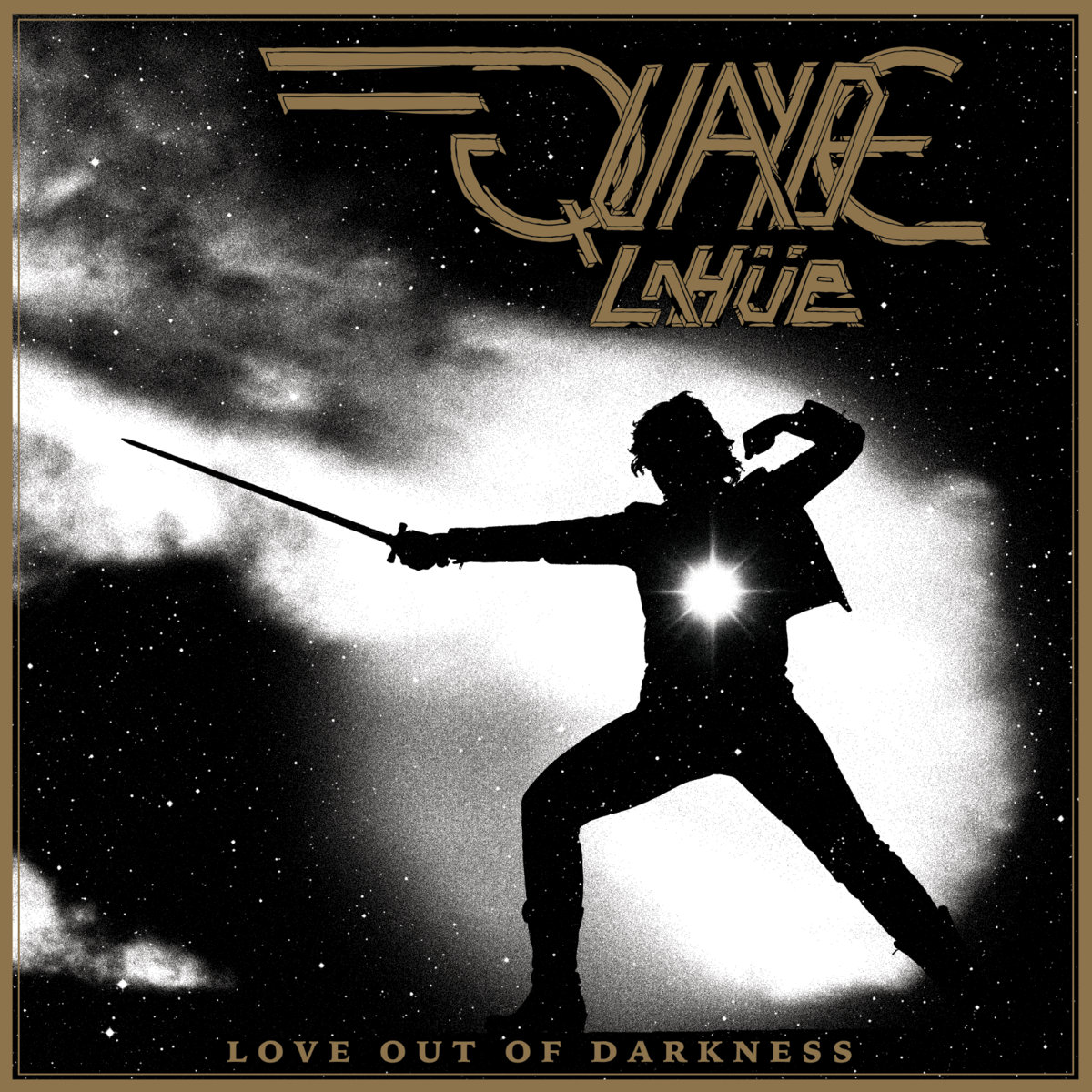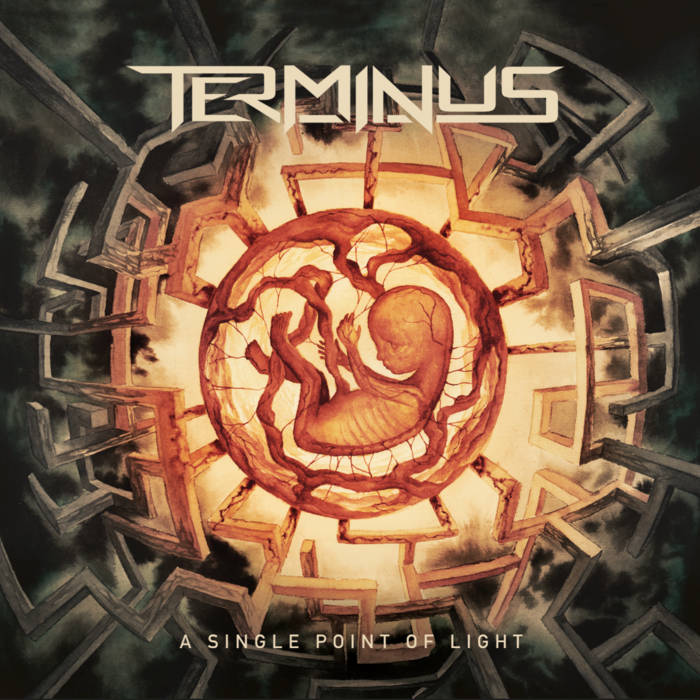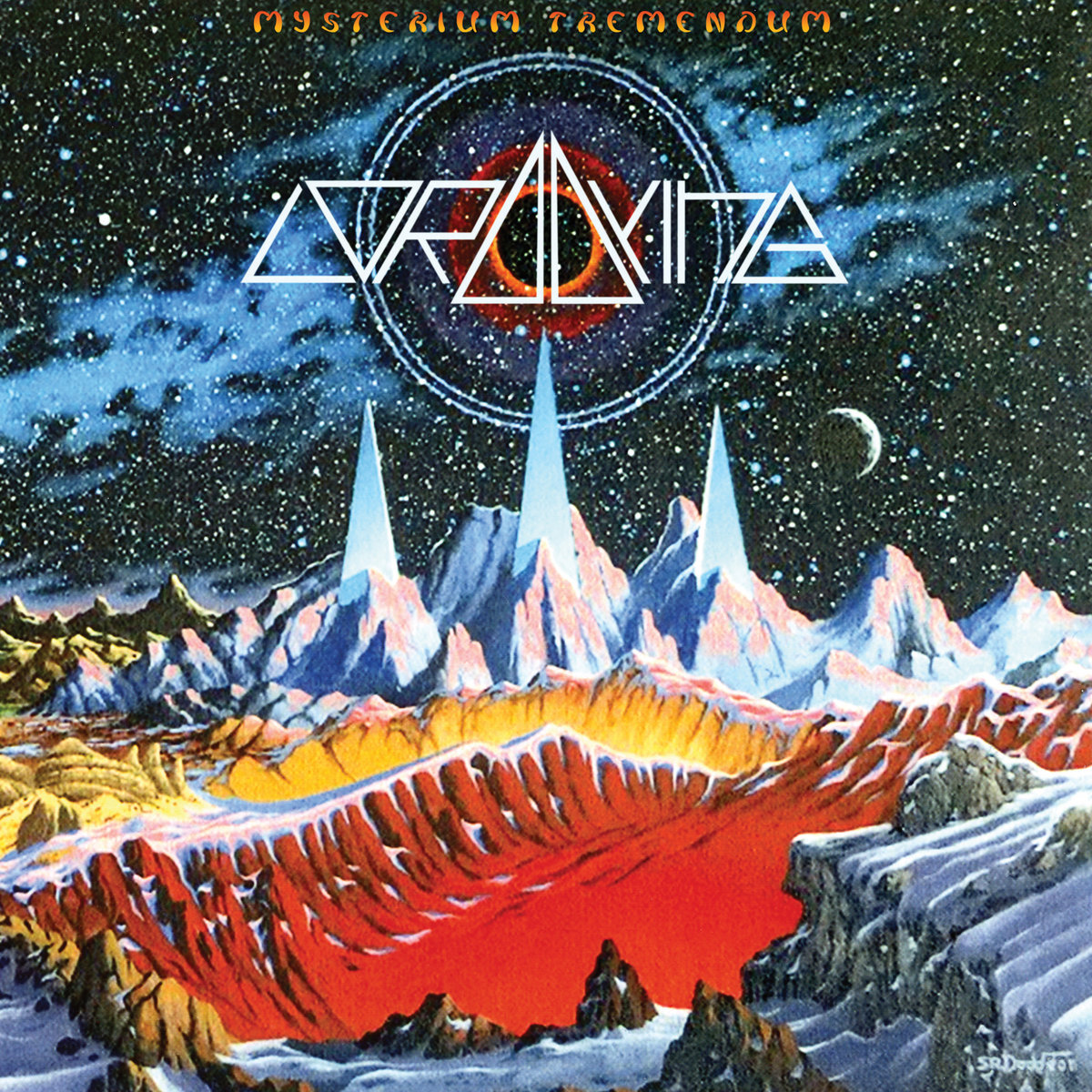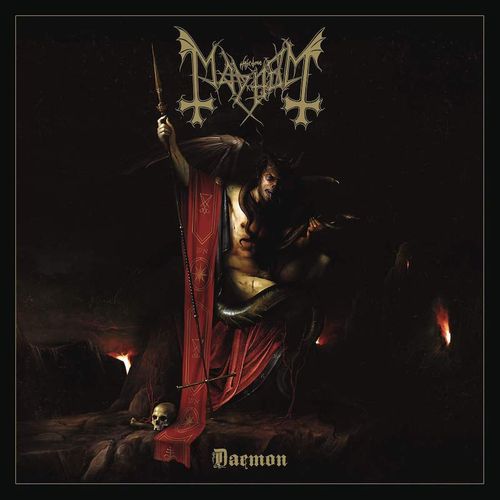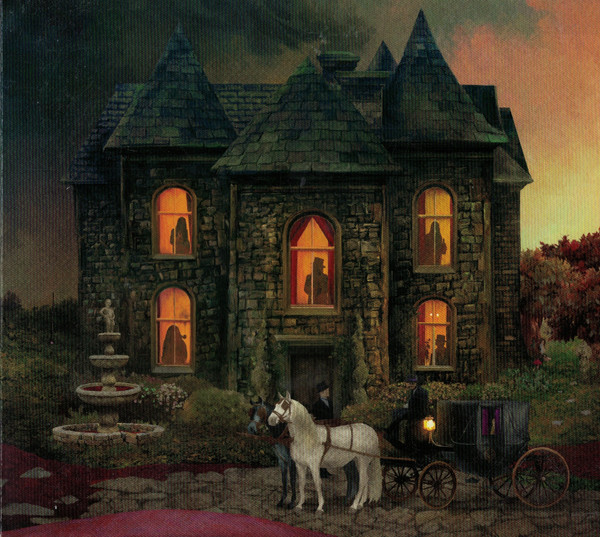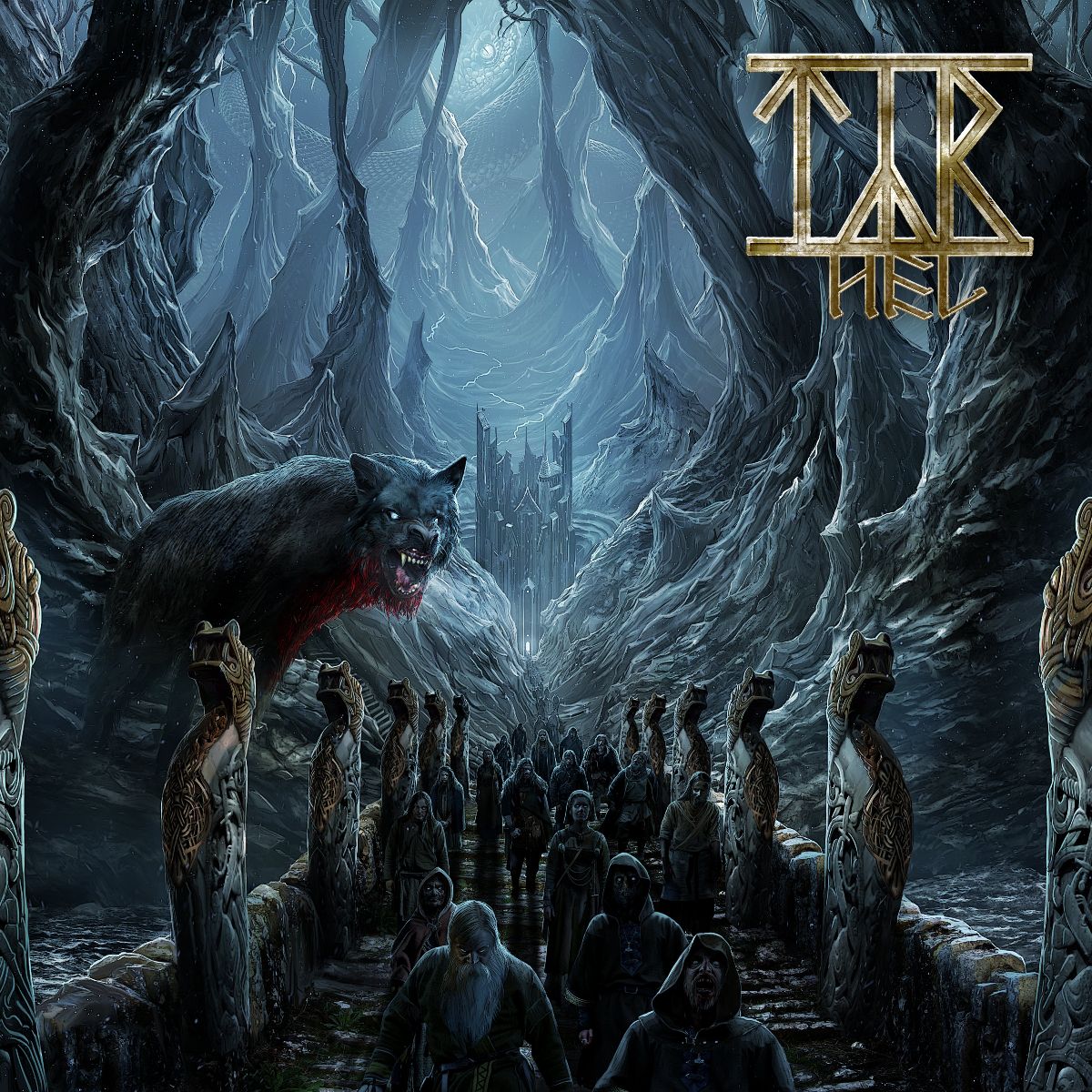As with the two
EPs they released in 2016 and 2017, Quayde LaHue’s first full-length album skirts
the line between hard rock and classic metal. The overall mood has a metallic coldness
similar to that of Sanhedrin, but the songs themselves generally opt for breezy
tempos at an often-easygoing pace. There’s a heavy emphasis on melody executed
with a certain sass that sometimes feels like Thin Lizzy as fronted by Heart’s
Ann Wilson.
The
musicianship also has a certain conviction that sets Love Out of Darkness apart
from the band’s EPs. You won’t find too much double bass work or overtly aggressive
gallops, but the drums hit hard, and the guitars put in plenty of active chugs
and twin harmonies. I can also appreciate the slight snarl behind the vocal
delivery, especially considering the woman scorned narrative that flows
throughout. It might’ve benefitted from even more oomph, but the execution is
tasteful as is.
There’s also some
considerable variety in the songwriting. The upbeat “Give Me Your Love (Don’t Take
Mine)” makes a solid first impression, but the fuzzy wash over “Heart of Stone”
and the mid-tempo “Warrior” are even more effective contrast. I also appreciate
how the last three songs form a semi-suite as “Fallout” sets up an ominous
attitude that is played up even further on “It Still Burns” and reaches a
speedy climax on “Right to Rock.” The light, grungy tinges of “Before the Storm”
make for an odd outlier at the album’s halfway point, but it’s serviceable.
Overall, Quayde
LaHue’s first full-length makes for some enjoyable hard rock swagger. It has old
school elements without feeling too much like a throwback and the songwriting is
fun without being too mindless. One gets the sense that these songs sound even
better live but there’s enough weight to keep things from sounding toothless.
The band likely has stronger efforts in their future but is clearly taking
charge to see them through.
Highlights:
“Heart of Stone”
“Heart of Stone”
“Warrior”
“Widowmaker”
“It Still Burns”
Final Grade: B+
